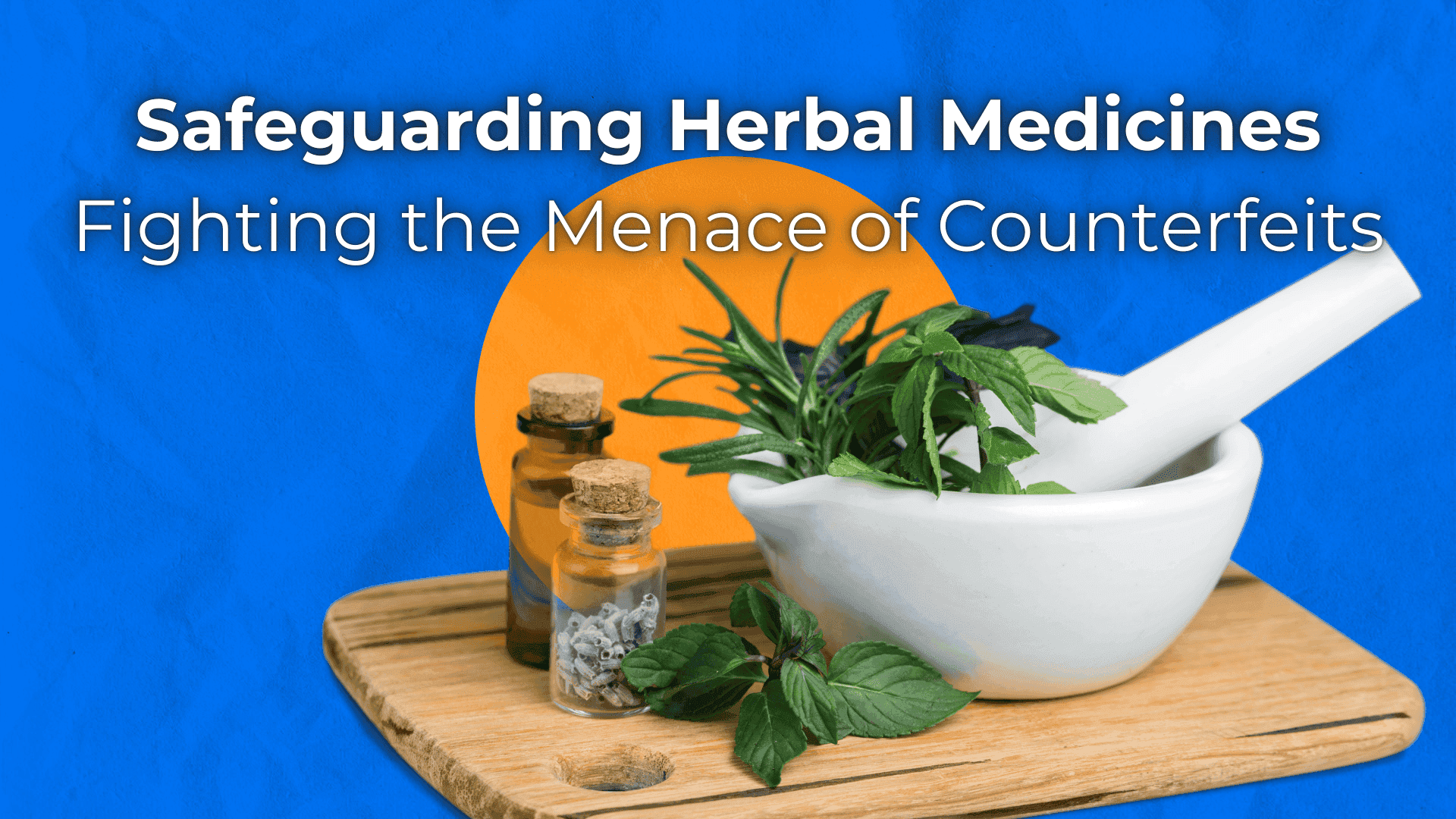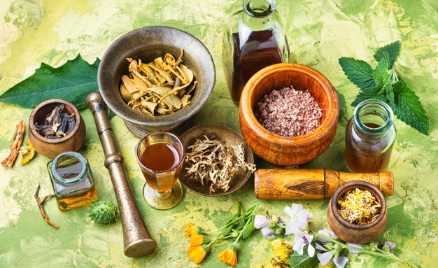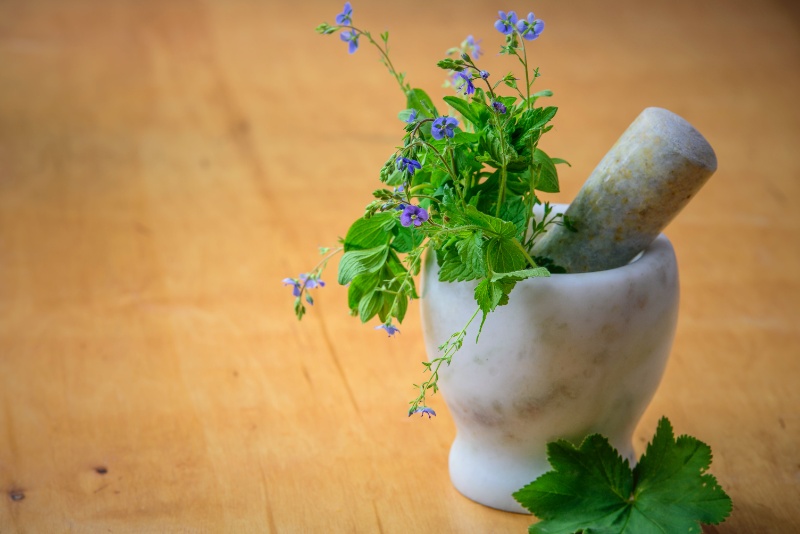The Hidden Menace of Counterfeit Herbal Medicines: Protecting Trust and Tradition

Nature has always been a source of healing, offering remedies that stand the test of time. Herbal medicines and Ayurveda embody this trust, offering hope for a healthier, more holistic life. However, this trust is under attack. Counterfeit herbal medicines are infiltrating markets, putting lives at risk and tarnishing the legacy of natural healing.
This blog delves into the counterfeit menace plaguing Ayurveda and herbal medicines, explores the factors contributing to this growing problem, and highlights how technology and stringent practices can help restore faith in this ancient system of medicine.
A Story That Compels Action
A young cancer survivor shared her story with us. After battling thyroid cancer and enduring chemotherapy, she turned to Ayurveda for natural recovery. However, unbeknownst to her, the medicines she took were counterfeit. This led to a relapse, leaving her physically and emotionally scarred.
Unfortunately, her story is not unique. Such incidents highlight the urgent need to address the counterfeit herbal medicine market—a problem affecting countless lives worldwide.
Counterfeit Herbal Medicines: A Global Concern
The herbal medicine market is booming, with 80% of the global population using herbal remedies, according to Science Direct. However, this growth has been paralleled by an alarming rise in counterfeit products. These counterfeit medicines not only fail to deliver promised health benefits but also pose severe health risks, eroding trust in Ayurveda and herbal treatments.

What Are Counterfeit Medicines?
According to the WHO, counterfeit medicines are “deliberately and fraudulently mislabelled with respect to identity and/or source.” This includes:
- Products with incorrect or insufficient active ingredients.
- Medicines mixed with harmful adulterants like heavy metals or synthetic chemicals.
- Substandard or fake packaging mimicking genuine products.
- Substituted herbal ingredients, sometimes toxic, masquerading as the original.
Why Is the Herbal Medicine Industry a Target?
- Lack of Prescription Requirement: Herbal medicines are widely available over the counter, making it easier for counterfeit products to reach consumers undetected.
- Easy Deception: The similarity in appearance, taste, and smell of counterfeit products makes them difficult to identify.
- High Demand, Low Regulation: Ayurveda's growing popularity and the absence of stringent regulations create a fertile ground for counterfeiters.
- Scarcity of Herbs: Over 100 critical Ayurvedic herbs are scarce due to deforestation and unsustainable harvesting, prompting adulteration or substitution with inferior ingredients.
- Low Production Costs: Counterfeiters exploit low production costs and limited enforcement to flood the market with fake products.
Types of Counterfeit Herbal Medicines
- Herbal Medicines with Synthetic Additives: Adulterated with steroids, NSAIDs, or anti-diabetic drugs to simulate effectiveness.
- Products with Harmful Substitutes: Mixed with lead, mercury, or synthetic chemicals for cost reduction.
- Medicines with Incorrect Ingredients: Use of similar-looking plants, which may be toxic or ineffective.

Impact of Counterfeiting on Ayurveda and Public Health
- Health Risks: From heavy metal poisoning to life-threatening conditions, counterfeit medicines jeopardize consumer safety.
- Erosion of Trust: Counterfeit products damage consumer confidence in Ayurveda and herbal treatments.
- Economic Losses: Counterfeiting affects legitimate businesses, costing them billions annually in revenue and brand value.
How Technology Can Fight Counterfeiting
Modern anti-counterfeiting technology offers a robust defence against counterfeit herbal medicines:
Track and Trace Systems:
- RFID and 2D barcodes to monitor the product's journey through the supply chain.
- Blockchain integration for tamper-proof and transparent tracking.
Overt Features:
- Holograms, tamper-evident labels, and randomly generated patterns to identify authentic products easily.
Covert Methods:
- Invisible printing, digital watermarks, and embedded codes for advanced counterfeit detection.
Consumer Verification:
- Smartphone-based QR code scanning for instant product authentication.
- Reporting mechanisms for consumers to alert companies about suspicious products.
Learn the emerging technologies that can solve the counterfeit threat
Real-World Success Stories
Acviss in Action:
Acviss partnered with pharmaceutical companies like Swisscore to implement secure labeling solutions. Unique identifiers allowed consumers to verify product authenticity instantly, reducing counterfeit cases by over 60% within months.HP Labs in Nigeria:
A similar initiative tackled counterfeit malaria drugs using SMS-based verification, significantly lowering counterfeit-related fatalities.
Learn why product traceability is important in 2024
The Need for Stringent Regulations
While technology offers solutions, regulatory frameworks must evolve to combat counterfeiting effectively. Governments and industry stakeholders should focus on:
- Enforcing stricter quality standards and penalties for violations.
- Mandating product authentication features for all herbal medicines.
- Promoting consumer education on identifying and reporting counterfeit products.
How Consumers Can Stay Safe
- Buy herbal medicines only from trusted sources with proper billing.
- Look for authentication features like QR codes or holograms.
- Verify product authenticity using smartphone apps or online tools.
- Avoid self-prescription; consult licensed practitioners for herbal treatments.
Acviss: Your Partner in Combating Counterfeiting
At Acviss, we are committed to safeguarding brands and consumers from the menace of counterfeit products. Our cutting-edge solutions ensure that businesses can protect their reputation, and consumers can trust the products they use.
If you’re looking to secure your products and build consumer trust, get in touch with us today. Let’s create a safer, counterfeit-free future together.
Conclusion
The battle against counterfeit herbal medicines is far from over, but it’s a fight worth waging. By leveraging technology, enforcing regulations, and raising awareness, we can restore trust in Ayurveda and ensure its legacy endures for generations.